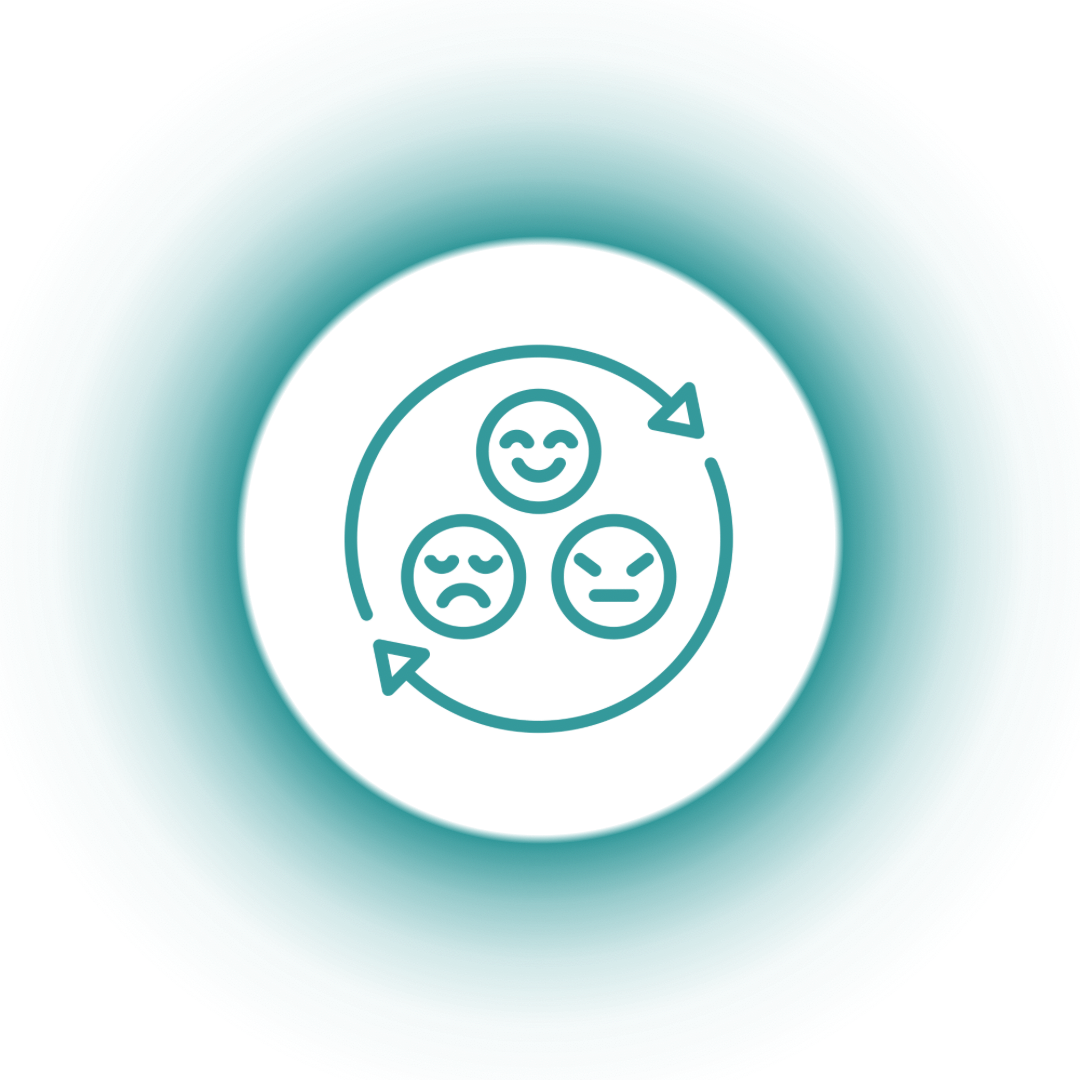
Assessments
Psychoeducational assessments are a comprehensive evaluation process conducted by psychology professionals to assess an individual's cognitive, academic, emotional, and behavioral functioning. This type of assessment is commonly used to understand a person's strengths and weaknesses, identify learning disabilities or developmental disorders, and inform the development of individualized intervention strategies. The primary goal is to enhance learning outcomes and promote overall psychological well-being.
Psychoeducational Assessments
Psychological Assessments
Psychological assessments involve gathering, interpreting, and integrating information about an individual's cognitive, emotional, social, and behavioral functioning. Diagnoses such as Anxiety, Depression, ADHD, etc. are often investigated in this type of assessment. These assessments aim to understand an individual's strengths, challenges, and psychological well-being. It is a valuable tool for understanding individuals' psychological functioning and facilitating personal and professional growth.
Key Components
Cognitive Assessment
Evaluates cognitive abilities such as memory, attention, processing speed, and problem-solving skills. Common tools include IQ tests and neuropsychological assessments.
Emotional and Behavioural Assessment
Examines emotional well-being, social skills, and behavioral functioning. This may involve interviews, observations, and standardized questionnaires to identify emotional or behavioral challenges that may impact learning.
Academic Assessment
Assesses an individual's academic skills in areas such as reading, writing, mathematics, and overall academic achievement. This helps identify specific learning difficulties and informs educational interventions.
Adaptive Functioning Assessment
Assesses an individual's ability to perform everyday tasks and adapt to the demands of daily life. This can provide insights into practical challenges that may affect academic performance and lifestyle expectations.
What to Expect
Examiner meets with parent/guardian(s) and/or student to receive consent for assessment, gather background information, and discuss fees (approximately 1 hour).
Examiner meets with student and administers tests (approximately 2-3 hours per session). The number of testing sessions will be estimated during the initial interview.
Examiner reviews results and formulates conclusions. A comprehensive report with recommendations is completed (hours vary).
Examiner meets with parent/guardian(s) and/or student, shares results and provides a copy of the report (approximately 1 hour).
Initial Interview
Assessment
Scoring & Report Writing
Feedback Meeting
Payment Information
The cost of assessment varies depending on the student and his or her learning needs. A complete comprehensive assessment from initial interview to feedback meeting starts at $3600. “Gifted” assessments start at $1800. Payments are made at the end of each session by cash, credit card, or electronic money transfer. A detailed receipt of each session will be provided. Fees are not covered by OHIP, but some extended healthcare benefits may offer reimbursement options.
** Please note that at this time Peel District School Board students will not be accepted for psychoeducational assessments **
Frequently Asked Questions
-
A psychoeducational assessment typically includes standardized tests, interviews, observations, and a review of relevant records. It assesses cognitive abilities, academic achievement, attention and executive functioning, and emotional and behavioral well-being. A psychological assessment may contain components similar to that of a psychoeducational assessment, but will focus on mental health and will not examine academic achievement.
-
Individuals of all ages, from children to adults, may benefit from a psychoeducational assessment. It is often recommended for those experiencing academic difficulties, attention issues, learning disabilities, or emotional and behavioral challenges.
-
Yes, assessments are not limited to children. Adults can benefit from assessments to identify learning difficulties, attention issues, or other challenges that may impact their academic or professional success.
-
The duration varies based on the scope and purpose of the assessment. They can range from one session (1 to 3 hours) to multiple sessions. The specific tests administered, and the individual’s pace can influence the timeframe.
-
The information gathered is used to create a comprehensive profile of the individual’s abilities and challenges. It guides the development of tailored strategies, interventions, and/or educational accommodations to support optimal learning and development.





